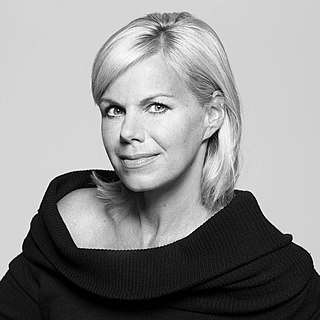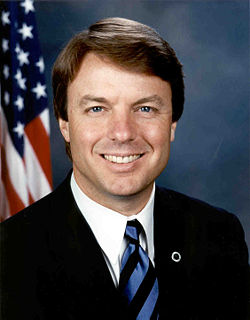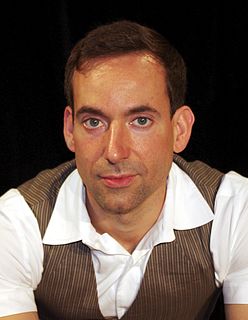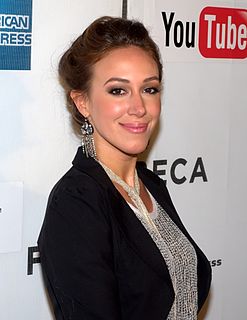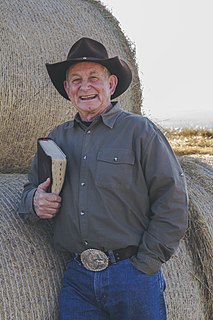A Quote by Lee Isaac Chung
Among Korean immigrants the majority tends to be Christian, because that was the way they immigrated to America - through the support network of churches. I grew up with faith being an important fabric of my life. That comes with my life in the South - it was just a given that you believe.
Related Quotes
Christian faith is exclusivistic. Christian faith lays claim upon our lives. The sanctity of life, what we do with a life, is very definitive in the Christian faith, what we do with sexuality, what we do with marriage, all of the fundamental questions of life have points of reference for answers, and people just have an aversion for that. That I think is the biggest reason they feel hostile towards the Christian faith.
But the fact that Christ as the bridegroom brings forth fruit through me as the bride, through the agency of the indwelling Holy Spirit by faith, opens the way for me as a Christian to begin to know in the present life the reality of the supernatural. This is where the Christian is to live. Doctrine is important, but it is not an end in itself. There is to be an experiential reality, moment by moment.
I'm really interested in the United States, what it means to be American - maybe because my father's an immigrant and my grandparents were immigrants, and also because I grew up so isolated from mainstream life, and it was such a total shock to leave the commune and, in a way, enter America for the first time when I was eleven - so I've always felt a little like an anthropologist - like, what is this strange place I find myself in, what are the rules here?
I think the regime in North Korea is more fragile than people think. The country's economic system remains desperate, and one thing that could happen for example would be under a new government in South Korea, to get the South Korean government to live up to its own constitution, which says any Korean who makes it to South Korea, is a Korean citizen. A citizen of the Republic of Korea. And you could imagine the impact that would have inside North Korea if people thought, "If I could get out and make it to South Korea, I could have a different life."
I believe that family is closer to God's heart than anything else, the support system he has given us to build us up in faith, and to support us when we falter. If we want our family lives to conform to God's will, Jesus must be our priority, our focal point, in our home as well as in our ministries.
That doesn't mean that it's always easy to live together: home can be the hardest place to live a Christian life. That's were people see us when we're tired and our defences are down.
The little platoon of the black community is the church. Our Christian faith is based on individual freedom from sin and the personal decision to find spiritual liberty that leads to a better life here on Earth and for eternity. On Sundays in America, the most conservative people can be found in black churches.




